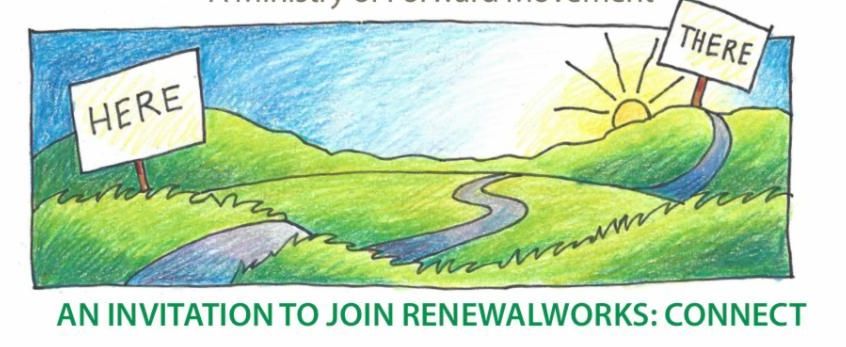
|
In the beginning was the Word, and the Word was with God, and the Word was God. He was in the beginning with God. All things came into being through him, and without him not one thing came into being. What has come into being in him was life and the life was the light of all people. The light shines in the darkness, and the darkness did not overcome it.
There was a man sent from God, whose name was John. He came as a witness to testify to the light, so that all might believe through him. He himself was not the light, but he came to testify to the light. The true light, which enlightens everyone, was coming into the world.
He was in the world, and the world came into being through him; yet the world did not know him. He came to what was his own, and his own people did not accept him. But to all who received him, who believed in his name, he gave power to become children of God, who were born, not of blood or of the will of the flesh or of the will of man, but of God.
And the Word became flesh and lived among us, and we have seen his glory, the glory as of a father’s only son, full of grace and truth. (John testified to him and cried out, “This was he of whom I said, ‘He who comes after me ranks ahead of me because he was before me.'”) From his fullness we have all received, grace upon grace. The law indeed was given through Moses; grace and truth came through Jesus Christ. No one has ever seen God. It is God the only Son, who is close to the Father’s heart, who has made him known.
-John 1:1-18
|
Grace and truth
As if to ward off seasonal silliness, the calendar of our church surrounds Christmas with a variety of observances indicating darkness, which makes a star shine more brightly.
We kicked it off in the last days of Advent (a season marked by foreboding and occasional tough messages of judgment) with the feast of St. Thomas of doubting fame. We read about this guy not only right before Christmas, but also right after Easter. That suggests to me that doubting is not only okay. It’s inevitable. It’s part of the deal.
Then right after Christmas, we move into a series of feast days that might make those who follow Jesus wonder about the cruise ship they signed up for. The day after Christmas we celebrate the feast of St. Stephen, the first martyr of the church, put to death by stoning by good religious folk. Then we observe the feast of St. John the Evangelist. According to tradition, he was exiled on the isle of Patmos. Right after that comes the feast of the slaughter of the innocents, recalling Herod’s murderous attack on the infants of Bethlehem. It’s a reminder (as if needed) that the cruelty of ambition and power tends to harm the most vulnerable. No news there. Shortly after that, we remember Thomas Becket, a man for all seasons, whose life ended with murder in the cathedral. Again, church fights are nothing new.
Taking these a day at a time, this Monday morning we wake up to the feast of John the Evangelist. I have in mind the distinctive way John told the story of Jesus. His Christmas story does not go to Bethlehem, but rather all the way back to the beginning of creation, where the word was with God and the word was God. Maybe as a meditative moment in this Christmas season, read the prologue of John’s gospel, included above (John 1:1-18). What word or phrase strikes you from that passage?
The phrase that struck me this weekend: Grace and truth came through Jesus Christ.
Let’s start with the truth. The lineup of observances around Christmas underscores that Christmas itself is not all that holly jolly. It’s a story of a refugee family left homeless, victim of political capricious cruelty. It speaks truth about our lives. As Scott Peck said in three choice words opening his popular book The Road Less Traveled, life is difficult. 2020 has confirmed that. Pandemic breeds loneliness and loss. Economic challenges are steep. Racial divide, political divide, religious divide seem more pronounced.
We need to know the truth, as tough as it might be. But perhaps the only way to handle the truth is to place it in the context of grace. In scripture, the truth of a broken world is clear to see. In Jesus, that broken world is on the receiving end of God’s love. Said another way, truth leads to grace. It’s the message of incarnation that God pitched a tent among us, not in a five star hotel but in a makeshift maternity ward, a cave to shelter animals.
The good news of Christmas marvelously and miraculously blends grace and truth. Light shines in the darkness, showing us who we are. (Sometimes that smarts.) It also shows us a way forward. Grace and truth. You can’t have one without the other. Without grace, truth is too much to bear. (I’m hearing Jack Nicholson saying: You can’t handle the truth.) Without truth, grace is cheap. Put the two together, we find an authentic, healing way forward. We have reason to celebrate. We have gospel which tells us that in the midst of mess, love shows up. Actually, more than that. Love wins.
